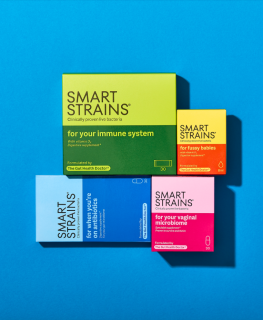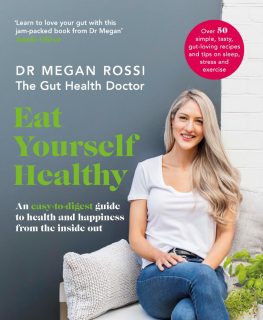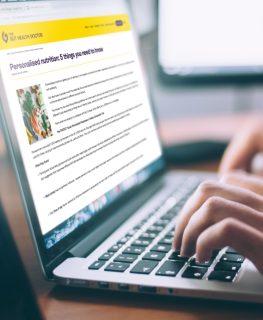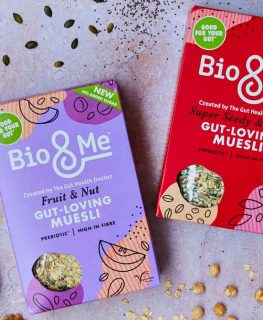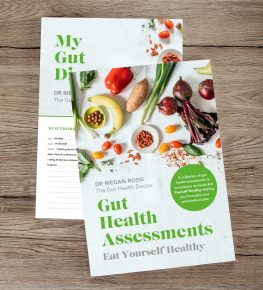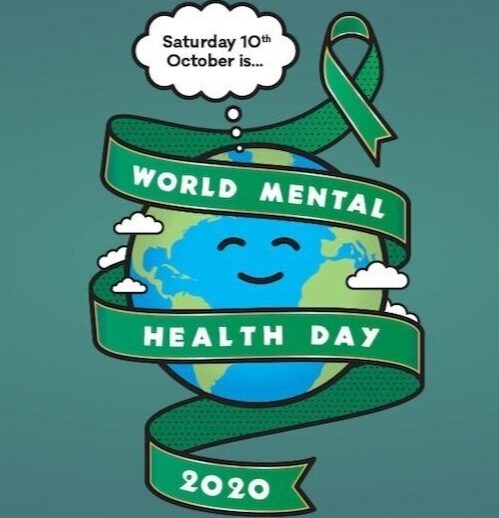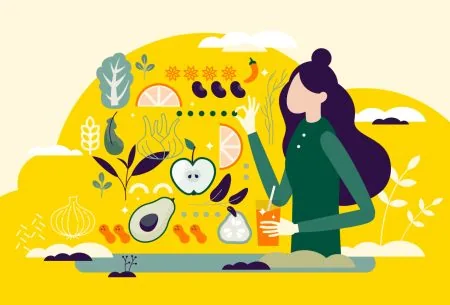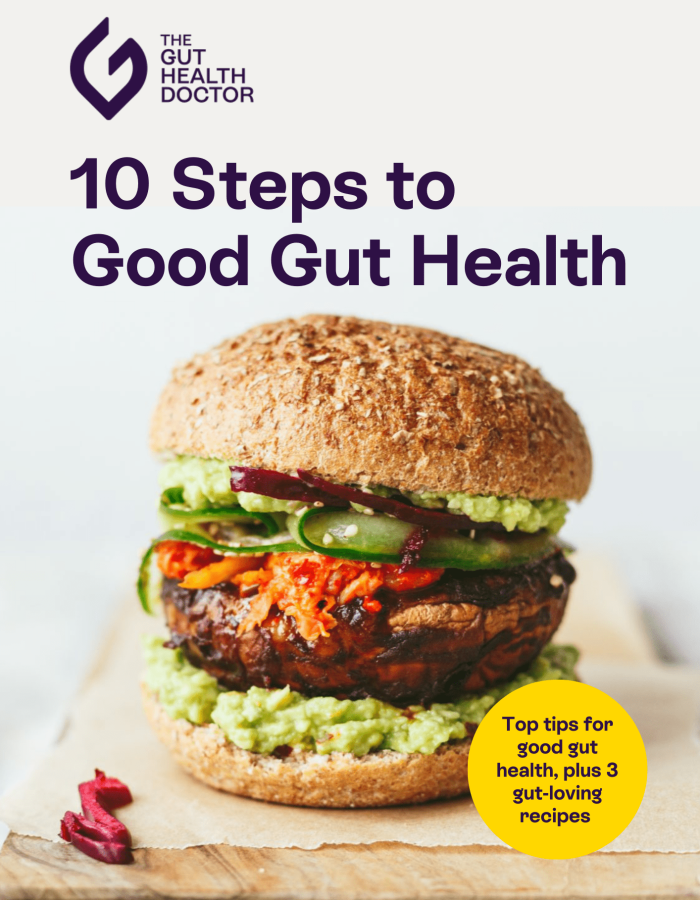World Mental Health Day 2020
Our mental health and emotional wellbeing are just as important as our physical health. Anyone can experience challenges with mental health and, with the huge impact of the global pandemic and lockdown affecting us all, it’s never been more vital to break the taboo surrounding mental health and support each other.
How can nutrition support our mental health?
Eating plenty of nutrient-rich foods with the vitamins and minerals our bodies need is really important for our energy, brain function and mood. In fact, some studies have shown that what people eat is associated with the prevention and reduction of depressive symptoms, and simple diet strategies could be really useful as an add-on to therapy.
But it’s not just about the nutrients themselves – we have an emotional connection to our food and it’s just as much about enjoyment too. There’s certainly no need to cut out your favourite foods or deprive yourself for good health. What’s important is our diet as a whole and getting plenty of variety (there’s my inclusion not restriction motto again!).
Although it’s still early days in the research, there’s pretty convincing evidence that keeping our gut bacteria well-fed can positively influence our mood. It’s all down to the gut-brain axis, the constant communication between our gut and our brain. Their favourite food? Whole plants, full of FIBRE!
There’s no single nutrient or diet that can prevent or treat mental health conditions (diversity really is king), however, there are a few key nutrients that are worth considering to make sure you’re getting enough:
Carbohydrates (glucose)
Glucose (aka blood sugar) is key to keep our body working and to supply our brain with enough energy, while not having enough can make us feel tired and experience brain fog. We get the glucose we need from common carbohydrate foods, including fruits, vegetables, wholegrains, as well as dairy (fermented is my go to). Generally speaking (because everyone is different), it’s a good idea to enjoy breakfast (even if it’s delayed a few hours – it’s more about the quality than timing) and regular meals to maintain our glucose supply. More research is needed, but it’s been suggested that not eating enough carbs (e.g. a high protein or keto diet – our brain can run on ketones, but glucose is generally it’s preferred source) can lead to low mood in some. Just another reason I don’t recommend cutting out carbs!
Iron
Low levels of iron can make people feel weak and tired all the time and for some can lead to iron deficiency anaemia, where there aren’t enough red blood cells to carry oxygen around the body. It’s recommended that men over 18 and women over 50 need 8.7mg a day, while women aged 19-50 need 14.8mg daily.
To get your iron from your daily diet, incorporate a variety of fish, beans and pulses (such as red kidney beans, edamame beans and chickpeas), nuts, dried apricots, fortified cereals, poultry and some red meat into your diet.
If you’re 100% plant-based, keep in mind that our body doesn’t absorb the iron in plant foods as efficiently, so include a source of vitamin C (such as tomatoes, peppers, oranges or strawberries) to help with absorption and get the most out of your plant-based iron foods.
B vitamins
Not getting enough B1 (thiamin), B3 (niacin) and B12 in particular has been associated in some studies with feeling depressed, irritable and tired. For adults aged 19-64, the daily recommended intakes are:
-
B1: 1mg for men, 0.8mg for women
-
B3: 16.5mg for men, 13.2mg for women
-
B12: 1.5mcg
Good sources of B vitamins include fortified foods such as wholegrain cereals, as well as eggs, dairy, fish, and some fresh fruits and nuts. Vitamin B12 isn’t found naturally in our plant-based foods, so make sure to include some fortified foods, such as cereals, nutritional yeast or fortified plant m*lks.
Folate
Lacking in folate has been linked with an increased risk of feeling depressed, particularly in older people. The recommended intake for adults is 200mg a day and as our body doesn’t store folate, it’s important to eat it regularly. Folate is found in small amounts in many foods, including broccoli, brussels sprouts, green leafy vegetables, peas, chickpeas and kidney beans, as well as fortified cereals.
Selenium
Missing selenium in the body has been found to potentially increase the incidence of feeling depressed and other negative moods. Selenium helps our immune system work properly too and it’s recommended that men need 75ug a day, while women need 60ug. Good sources include brazil nuts, fish, meat and eggs.
Omega 3
Last, and certainly not least. The omega-3 fatty acids (particularly EPA and DHA) are essential for normal brain function and development throughout all stages of our life. There is some pretty convincing evidence that getting enough EPA and DHA can not only lower your risk of depression, but also help with symptoms of depression.
If you’re experiencing low mood or symptoms of anxiety, rest assured you’re not alone. Please don’t suffer in silence, there really is so much support available for you – have a chat to your GP or reach out to organisations there to help, such as Mind (UK), Mental Health America (USA) or SANE (Australia). The sooner you speak up, the sooner you can be on the way to recovery.
This information has been collated from Nutrients 2020, BDA and NHS.
